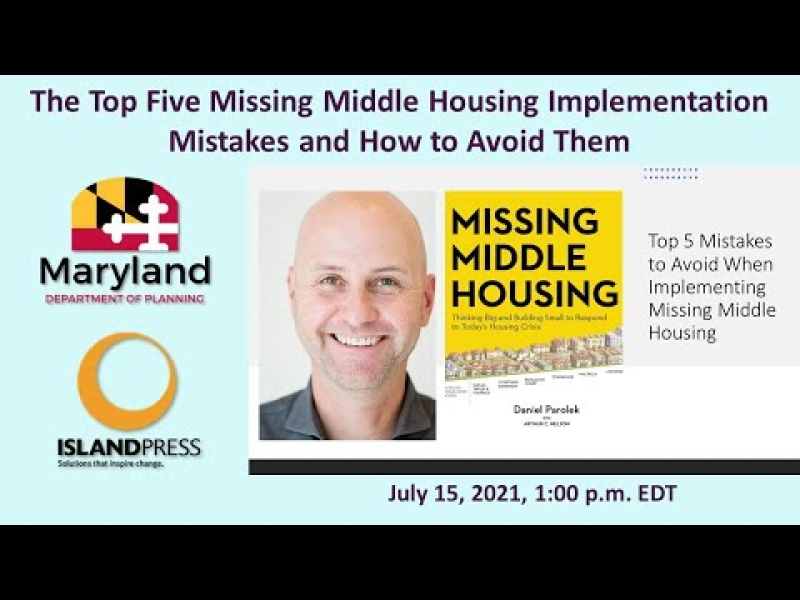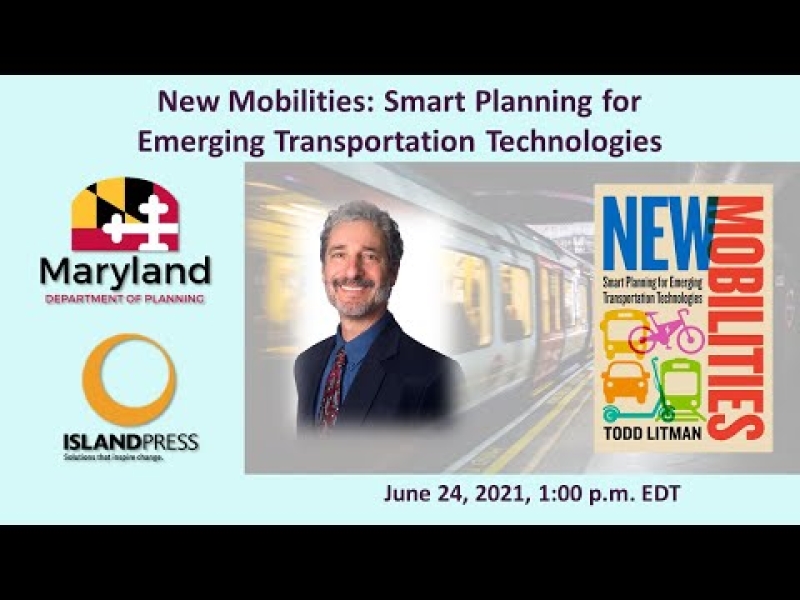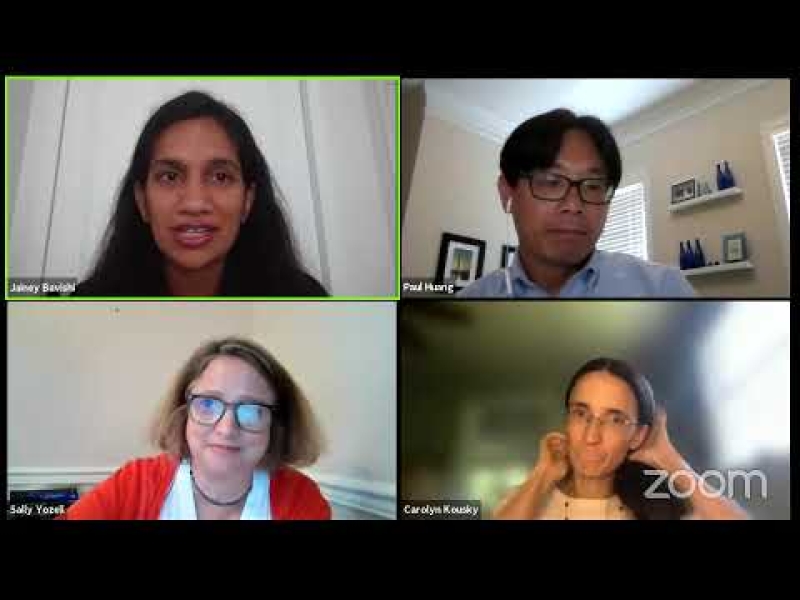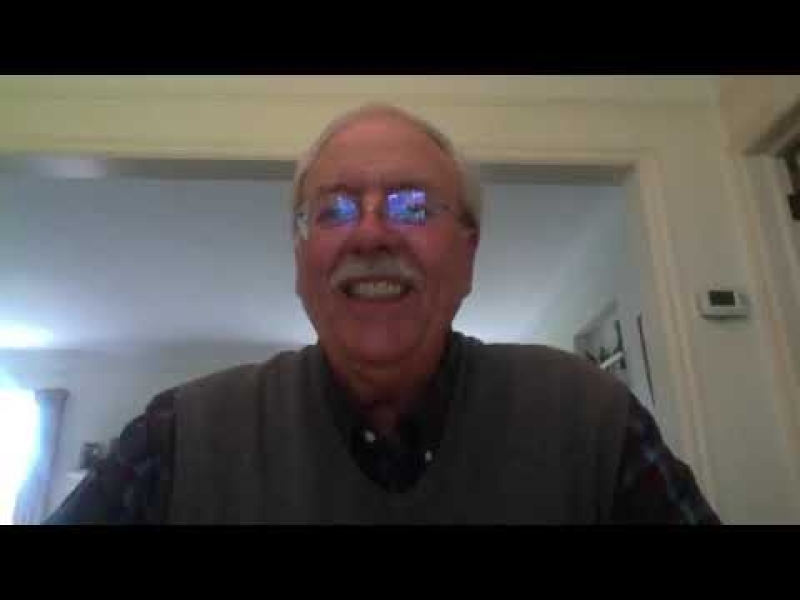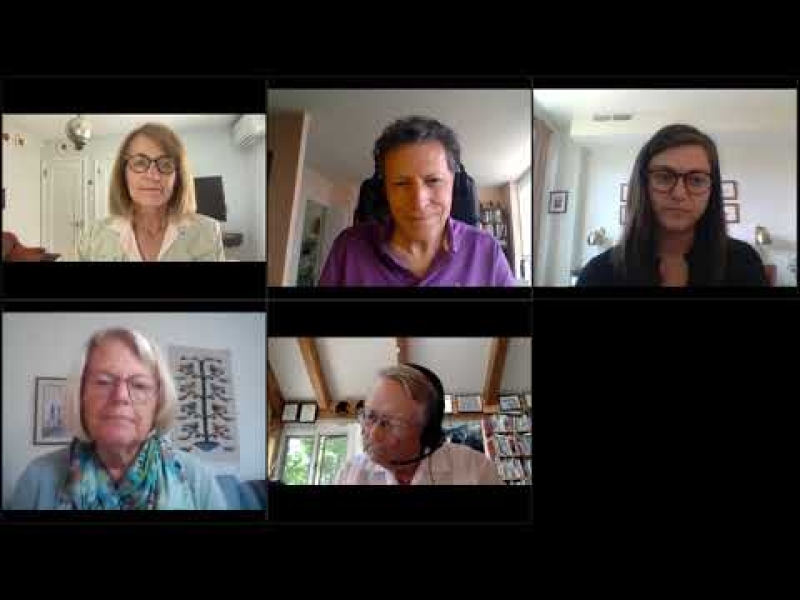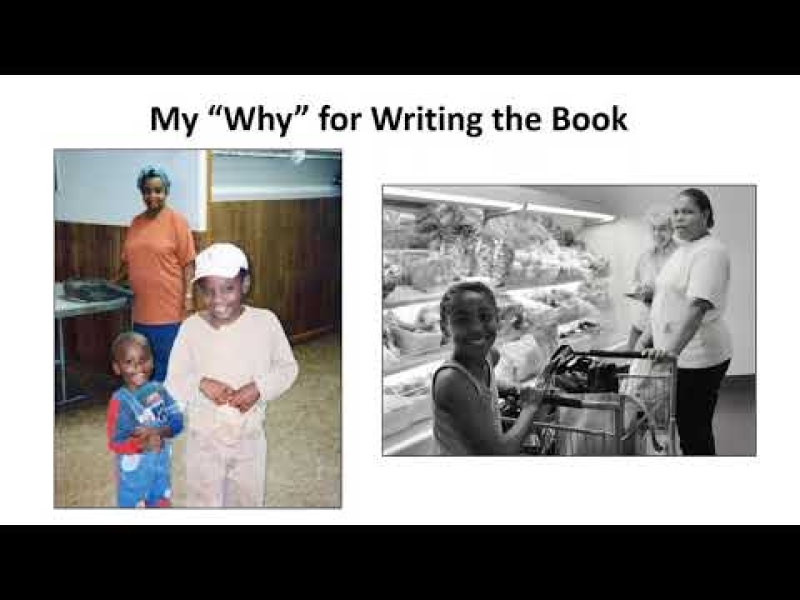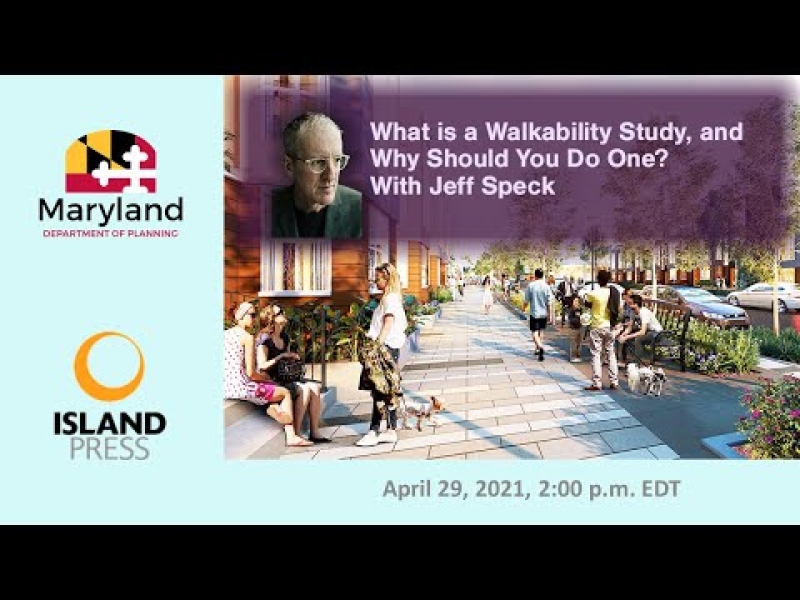New Mobilities: Smart Planning for Emerging Transportation Technologies
New transportation technologies can expand our world by an order of magnitude, but the significant benefits they provide are often counterbalanced by the huge costs that they impose on individuals and communities. The rapid expansion of motorization over the last century created modes — and the urban infrastructure that accommodates them — that favor speed over affordability, efficiency and personal and community well-being.


